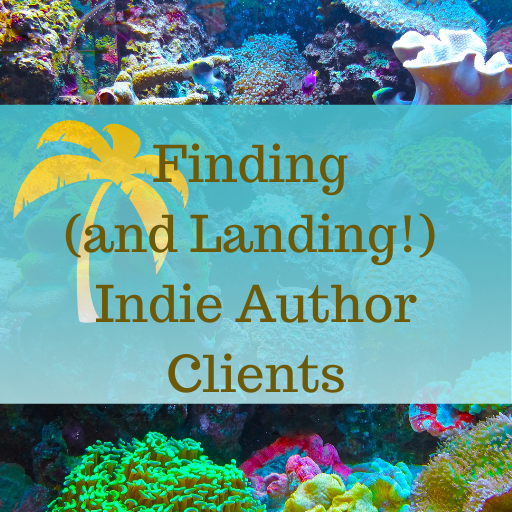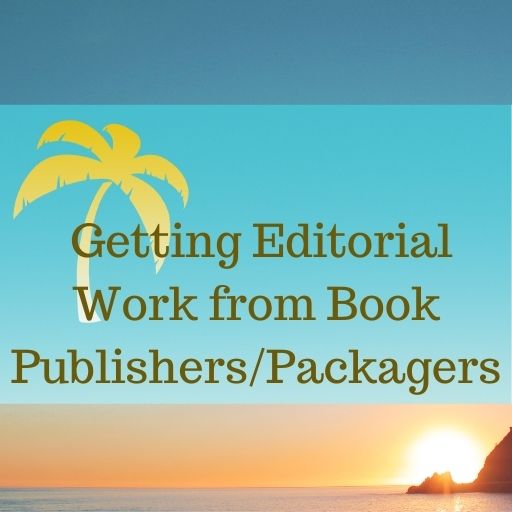How to Respond to Rejection Positively
I didn’t realize so many people did not know how to respond to rejection in a way that helped them to learn and grow from the experience.
How to Respond to Rejection Positively
I recently solicited proposals for a project, and what I found enlightening about the whole process was how badly most of the proposal-makers responded to my saying no to them.
If you’re a freelance editor, there’s never any guarantee that a proposal (project quote, letter of introduction, etc.) will lead to anything.
The most common response to marketing efforts is deafening silence. The second most common response is “no.”
What you do when a potential client says no can either help you get that client to say yes in the future or it can torpedo your chances of ever working with that client at all.
When I said no to proposals that did not fit my needs, there were four common responses:
1. “Thanks for considering the proposal and letting me know you won’t be going forward with it.”
That’s fine, as far as it goes. A person responding that way has left a neutral feeling behind. If they submit another proposal in the future, I won’t immediately hit delete. But as a long-time freelancer, I know this type of response kills any chance of further dialogue. As the client, I’m not going to respond to this response (what is there for me to say?) There is little possibility that the proposal writer will magically understand what went wrong with the proposal and therefore write a better proposal next time (whether for me or another client).
A version of this answer is, “Thanks for considering the proposal. I am also able to do OTHER THINGS if that might fit your needs.” That’s better, as it lets the potential client know that the proposal writer is versatile, but it’s still limited. OTHER THINGS may be of no interest to the client at all.

2. “You are wrong to reject my proposal, and here’s why.”
Arguing with a potential client does not establish friendly feelings. A potential client has absolutely no obligation to defend a no. “No” is a complete sentence both in life and in business. It doesn’t matter how long you spent writing the proposal. No one cares but you. If the potential for a proposal to be rejected means you don’t want to invest time in writing one, then don’t write one.
If there has obviously been a miscommunication, it would be okay to clear that up: “Jennifer, you mentioned that you’re looking for someone available in September and that I wasn’t available until October; you may have misread my proposal, as I mention that I can accept projects for September.” This may not change the answer but at least you’ll feel better for clarifying.

3. “I submitted the wrong proposal and it is incredibly unfair of you to evaluate my skills based on my mistake.”
Yes, this literally happened. If the proposal writer had said, “Your response makes me realize I sent the wrong proposal. I’m so sorry to have wasted your time! May I submit the correct proposal?” the answer might still be no (not submitting a correct proposal is the type of error that makes a potential client doubt your professionalism) but at least the potential client hasn’t added you to their list of Not If You Were the Last Editor on Earth.
4. “Thanks for considering my proposal. Is there something I could change to make it more suitable for your purposes or something I should consider doing for future projects?”
That’s much better, and it’s the approach I recommend. It shows me that the proposal writer is willing to adapt to my needs. This person does not expect either of us to be able to read each other’s minds. If I thought the proposal was close but not quite on the mark, I might spend some time describing why. Even if I didn’t, this type of approach doesn’t hurt. No one is going to block all future emails from you because you asked a question.
In some cases, when I received a response like this, I was able to advise the proposal writer about a better approach in the future, which would benefit both of us.
Tips for Editors & Writers
-
Coaching and Editing Discovery Drafts
Discovery drafts are typically the first draft of a novel that an author uses to explore the story they’re writing, whether the story has been prompted by a situation, a setting, a character, or a theme. The discovery draft typically includes stops and starts, directions the story could take but doesn’t, characters that fade in…
-
Editing for Character Development
When you’re editing for character development, keep in mind that even small changes have ripple effects throughout the entire manuscript. So any changes you suggest need to be important, or else you’re asking the author to do a lot of work for little reward. For example, sometimes I’ll see editors suggest things like, “Hey, you…
-
Editing for Character Consistency
Because writing a novel manuscript takes place over a long period of time, character inconsistencies can crop up. Maybe in Chapter 1 the author says that Joe has never been in trouble with the law but in Chapter 12 he has a history as a felon. As the editor it can sometimes seem puzzling to…
Join the Club!
New to story editing? Begin at the beginning.


